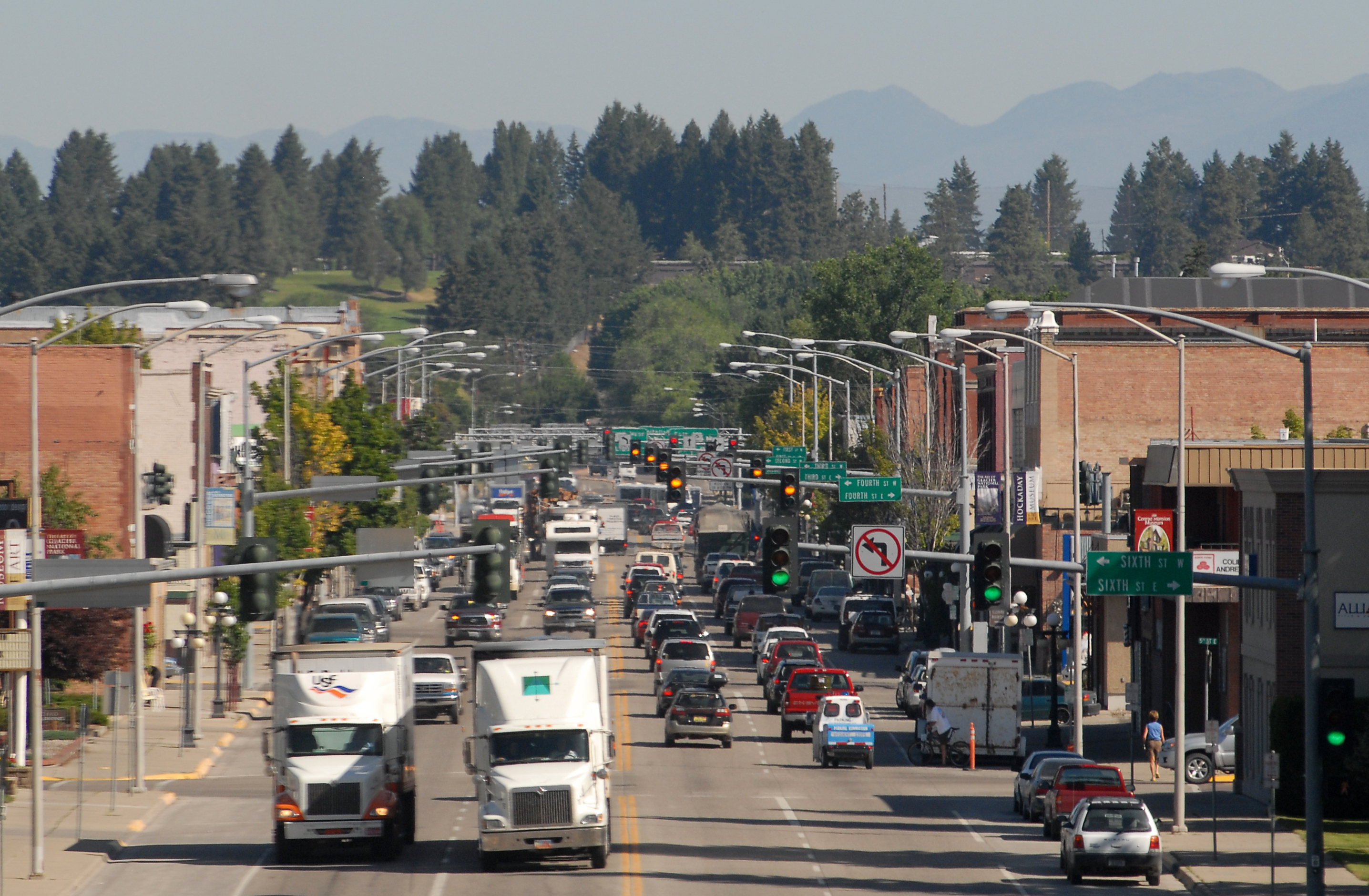Situated in the middle of the Flathead Valley, Kalispell is the economic base camp for Northwest Montana, serving regional shoppers, out-of-state visitors and a growing population of city and county residents.
To varying degrees, hundreds of thousands of people use the city’s amenities and services each year, whether it’s driving over roads or calling the police and fire departments or using other basic resources, such as water and sewer.
Yet upkeep costs fall on the backs of a relatively small number of Kalispell property owners, including homeowners, who pay for over half of the city’s general fund budget through property taxes.
“We’re paying for all these infrastructure needs of all these visitors, even the county residents,” Kalispell City Councilor Phil Guiffrida said. “But how does that affect the citizens of Kalispell?”
Last week Guiffrida and other city leaders explained the challenges that Kalispell faces in a meeting with Flathead Valley lawmakers, saying the current system for funding city services disproportionately weighs on city taxpayers.
“Infrastructure wise, we have significant expenditures on an annual basis that do not get funded — maintenance for streets, water, sewer, stormwater and sewage treatment — and the shortfalls can run into the millions of dollars,” Mayor Mark Johnson said.
“We struggle with how do we pay for these items.”
In the city’s last budget, property taxes accounted for $5.5 million of the $10 million general fund. Property owners also pitch in for street and light maintenance through fees levied on their property taxes, as well as water, sewer and solid waste through monthly bills.
In a city with less than 20,000 residents, not all of whom are property owners, the high costs to operate a regional hub are reviving an age-old debate in Kalispell and across Montana.
Leading up to the 2017 Legislative session, city councilors are mounting a new campaign centered on “self determination” and the ability to enact a local option sales tax, which is currently prohibited for cities larger than 5,500 people.
In a meeting in City Hall on Oct. 26, Kalispell leaders made their initial plea to nine local lawmakers to amend the state law and allow cities such as Kalispell the chance to ask voters to decide on a sales tax.
As in the past, it appears to be an uphill road to climb. Legislators appeared largely hesitant to get behind any legislation to change the current setup.
“You got to keep in mind, Montanans have given their say on sales tax. They don’t want one,” state Rep. Keith Regier, R-Kalispell, said.
“We’ve talked about this for a long time,” state Rep. Frank Garner, R-Kalispell, added. “Everybody agrees we could do something different, we just can’t agree what it is.”
Montana is one of five states, along with Alaska, Oregon, New Hampshire and Delaware, that does not have a general sales tax. Under the current state law, only cities with a population under 5,500 that are deemed “resort communities” — meaning they draw a high number of visitors compared to local residents — have the ability to enact a resort tax, or local option sales tax. Through voter approval, a fee of no greater than 3 percent can be added to goods and services at retail, lodging and dining establishments, such as the one in Whitefish.
During the 2015 Legislative session, Kalispell officials, along with city leaders in Missoula and Billings, made an unsuccessful attempt to gain support from state lawmakers to amend the law and allow cities with populations above 5,500 the opportunity to add a local option sales tax. It fell flat without a single legislator willing to spearhead the effort.
“Everything comes down to how do we make it fair?” Guiffrida said. “From the standpoint of who benefits from this infrastructure — Canadians, county residents — why is this all on the backs of the city of Kalispell?”
